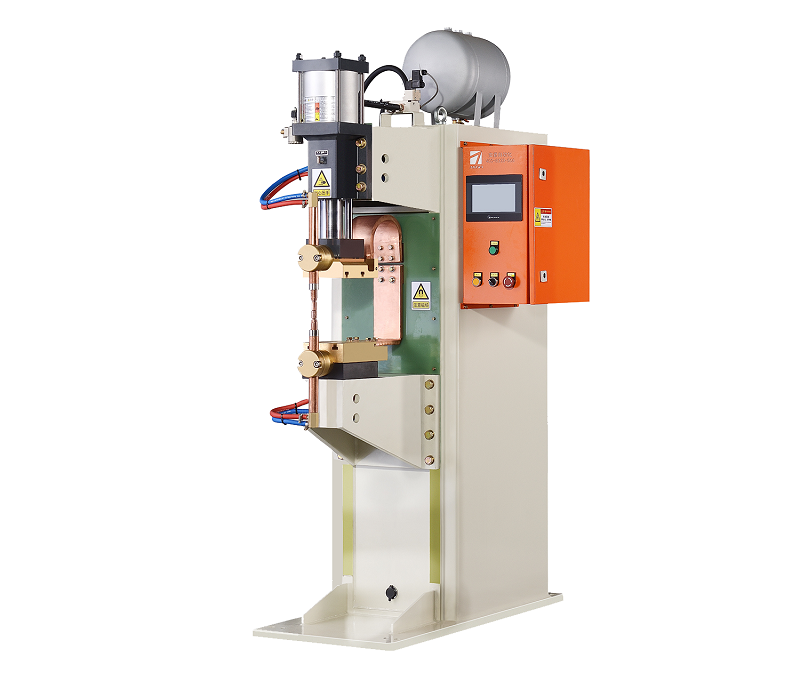The development of welding technology has witnessed a remarkable shift with the introduction of the Intermediate Frequency Inverter Spot Welding Machine (IFISW). This innovative technology offers several distinctive features in its welding structure, making it a preferred choice in various industries. In this article, we will delve into the key characteristics of the IFISW welding structure and its significance in modern manufacturing.

- Precise Control: One of the standout features of the IFISW welding structure is its ability to provide precise control over the welding process. Through advanced electronics and software, this technology ensures that welds are consistent, with minimal variation. The precise control leads to high-quality welds, making it suitable for applications where accuracy is critical, such as in the automotive and aerospace industries.
- Reduced Heat Input: Compared to traditional welding methods, IFISW minimizes heat input into the workpiece. This reduction in heat helps prevent material distortion and ensures that the welded components maintain their structural integrity. As a result, the IFISW welding structure is ideal for applications where heat-sensitive materials are involved, such as in the production of electronics and medical devices.
- Energy Efficiency: IFISW technology is known for its energy-efficient operation. By utilizing an intermediate frequency inverter, it can deliver the required welding energy with minimal power consumption. This not only reduces operational costs but also contributes to a more environmentally friendly manufacturing process, aligning with the growing emphasis on sustainability.
- Rapid Welding Speed: The IFISW welding structure allows for a rapid welding speed, increasing the overall efficiency of the welding process. This is especially valuable in high-volume production settings, where fast and consistent welds are essential to meet production quotas and deadlines.
- Adaptability: The adaptability of IFISW welding technology is another significant advantage. Its flexible control systems enable it to accommodate various welding materials and thicknesses, making it a versatile choice for a wide range of applications. Whether you’re welding thin sheets or thick plates, the IFISW welding structure can be fine-tuned to meet your specific requirements.
- Minimal Maintenance: IFISW welding machines are renowned for their low maintenance requirements. Thanks to their robust design and advanced components, they exhibit long-lasting durability and reliability. This reduces downtime and maintenance costs, further enhancing their cost-effectiveness in the long run.
The Intermediate Frequency Inverter Spot Welding Machine’s welding structure offers a range of advantages that cater to the evolving needs of modern manufacturing. Its precise control, reduced heat input, energy efficiency, rapid welding speed, adaptability, and minimal maintenance make it a compelling choice for a variety of industries. As technology continues to advance, the IFISW welding structure stands as a testament to the ongoing innovation in welding processes, driving efficiency and quality in production.
Post time: Oct-12-2023


